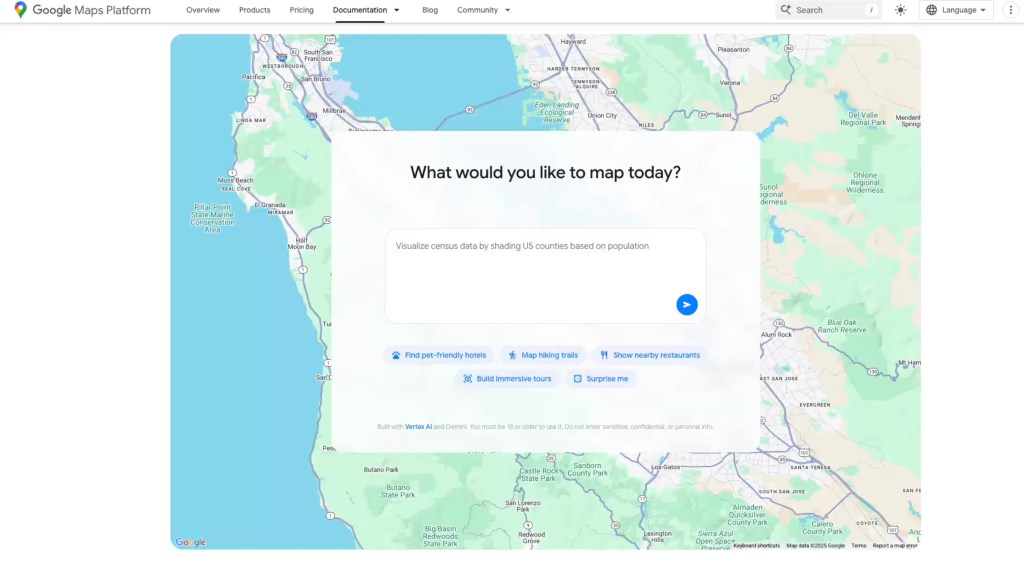In a landmark legal decision, a California federal jury has mandated that Israeli spyware developer NSO Group compensate WhatsApp with more than $167 million in damages. This verdict concludes a protracted legal battle initiated by WhatsApp in 2019, following the discovery that NSO’s Pegasus spyware had been utilized to infiltrate the devices of approximately 1,400 WhatsApp users.
Background of the Case
WhatsApp, a subsidiary of Meta Platforms, filed a lawsuit against NSO Group after uncovering that the company’s Pegasus surveillance tool exploited a vulnerability in WhatsApp’s audio-calling feature. This exploit enabled the installation of spyware on users’ devices without their knowledge, granting unauthorized access to personal data, including messages, calls, and location information. The targets of this surveillance included journalists, human rights activists, and political dissidents worldwide.
Legal Proceedings and Verdict
The legal proceedings revealed that NSO Group charged its clients substantial fees for deploying its spyware. Testimonies indicated that between 2018 and 2020, European government customers paid a standard fee of $7 million to hack 15 devices simultaneously, with additional international hacking capabilities costing an extra $1-2 million. During this period, NSO was responsible for breaching thousands of devices. Notably, U.S. government entities, including the CIA and FBI, collectively paid NSO $7.6 million for spyware procurement and testing.
In December 2024, U.S. District Judge Phyllis Hamilton ruled that NSO Group was liable for hacking and breach of contract, allowing the case to proceed to trial solely on the issue of damages. The recent jury verdict awarded WhatsApp $444,719 in compensatory damages and $167.3 million in punitive damages, totaling over $167 million.
Implications for the Spyware Industry
This ruling marks a significant financial setback for NSO Group and sets a legal precedent that could impact similar cases in the future. WhatsApp hailed the decision as a critical deterrent against illegal surveillance practices targeting American companies and user privacy. The case has also shed light on the covert operations of the global spyware industry, revealing the extent of surveillance activities and the financial transactions involved.
NSO Group’s Response and Future Outlook
In response to the verdict, NSO Group expressed its intent to appeal, stating that it would carefully examine the verdict’s details and pursue appropriate legal remedies, including further proceedings and an appeal. The company has consistently maintained that its technology is designed to assist law enforcement and intelligence agencies in preventing serious crime and terrorism.
Despite this legal blow, the spyware industry’s growth continues to be a concern. The case has prompted calls for increased regulation and oversight of surveillance technologies to prevent misuse and protect individual privacy rights.
Conclusion
The jury’s decision to hold NSO Group accountable for its actions underscores the importance of safeguarding digital privacy and security. It serves as a warning to other entities in the surveillance industry about the legal and financial repercussions of unauthorized and invasive practices. As the digital landscape evolves, this case highlights the ongoing challenges in balancing national security interests with the protection of individual rights and privacy.



